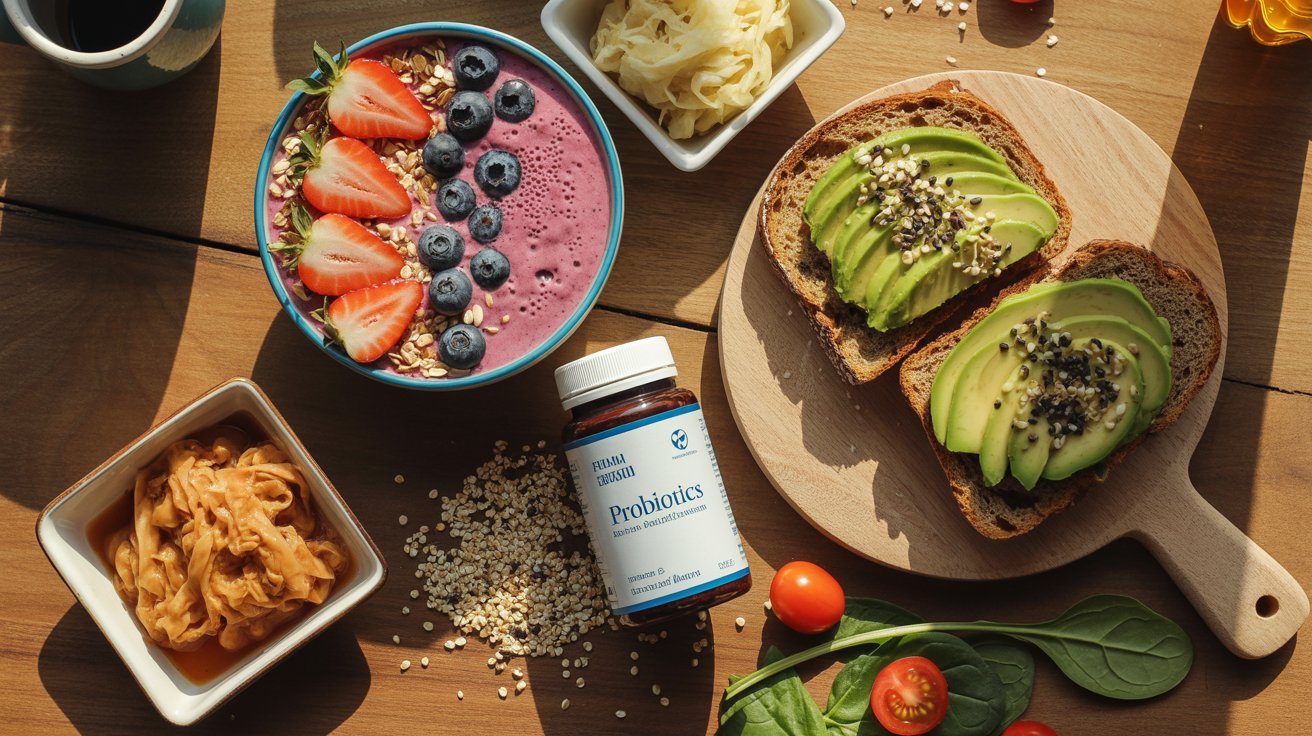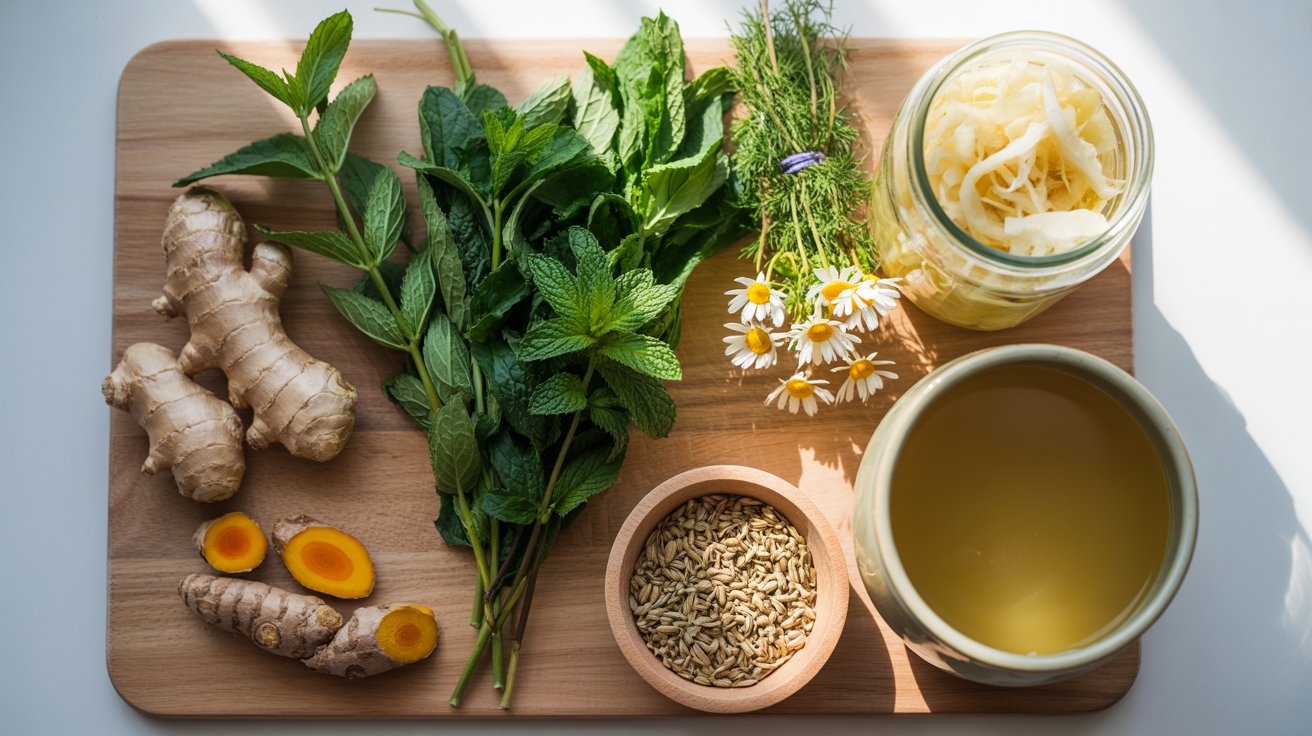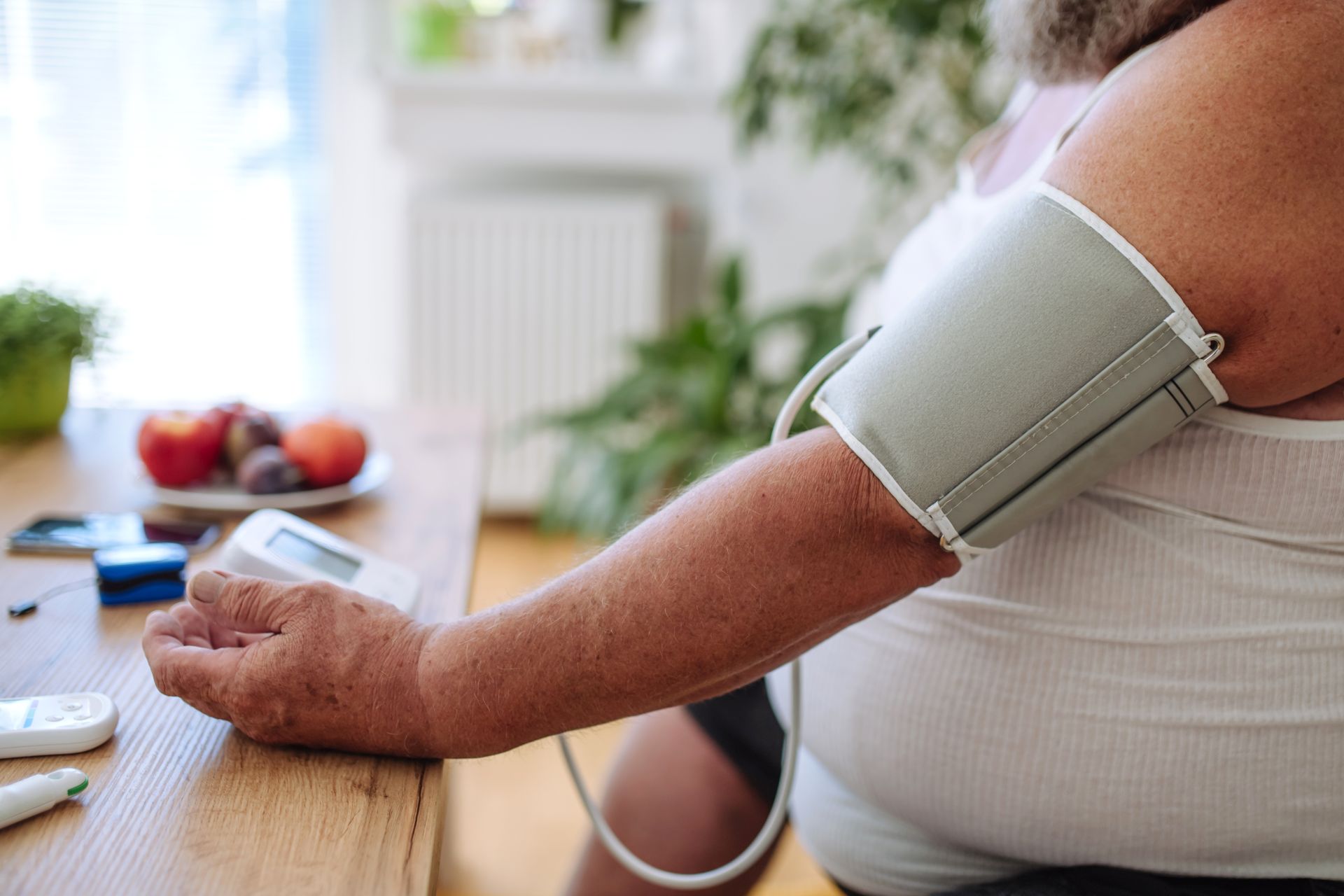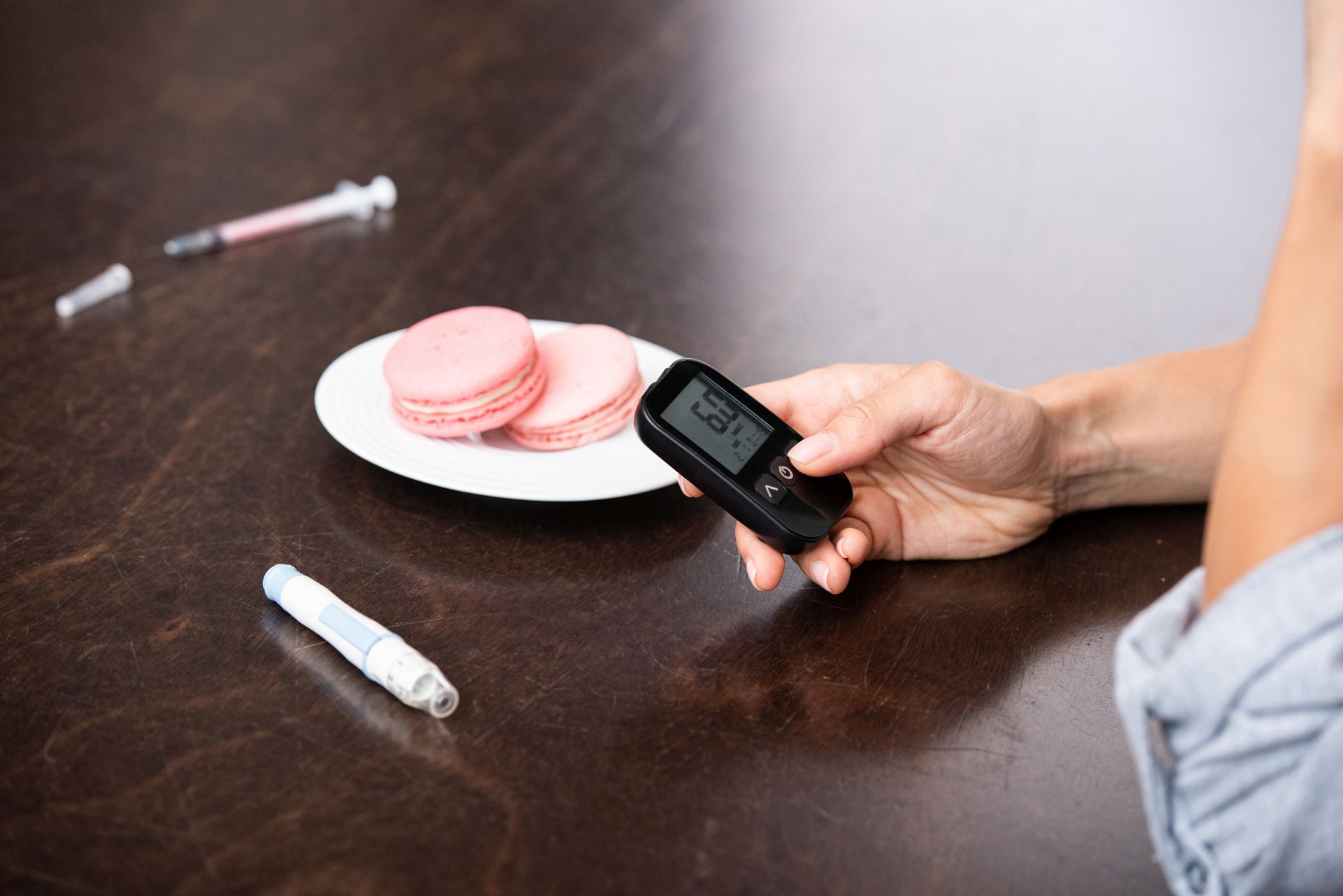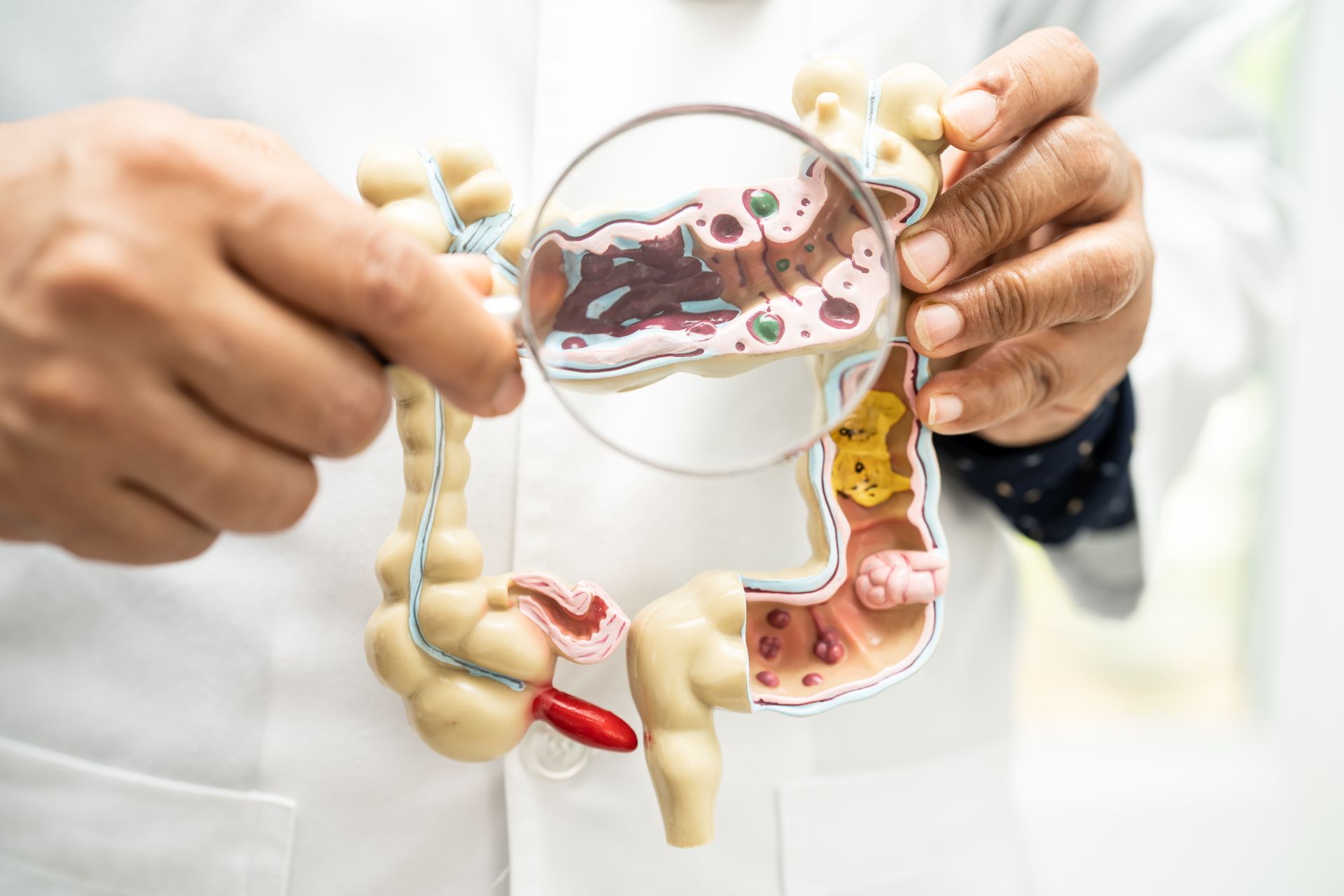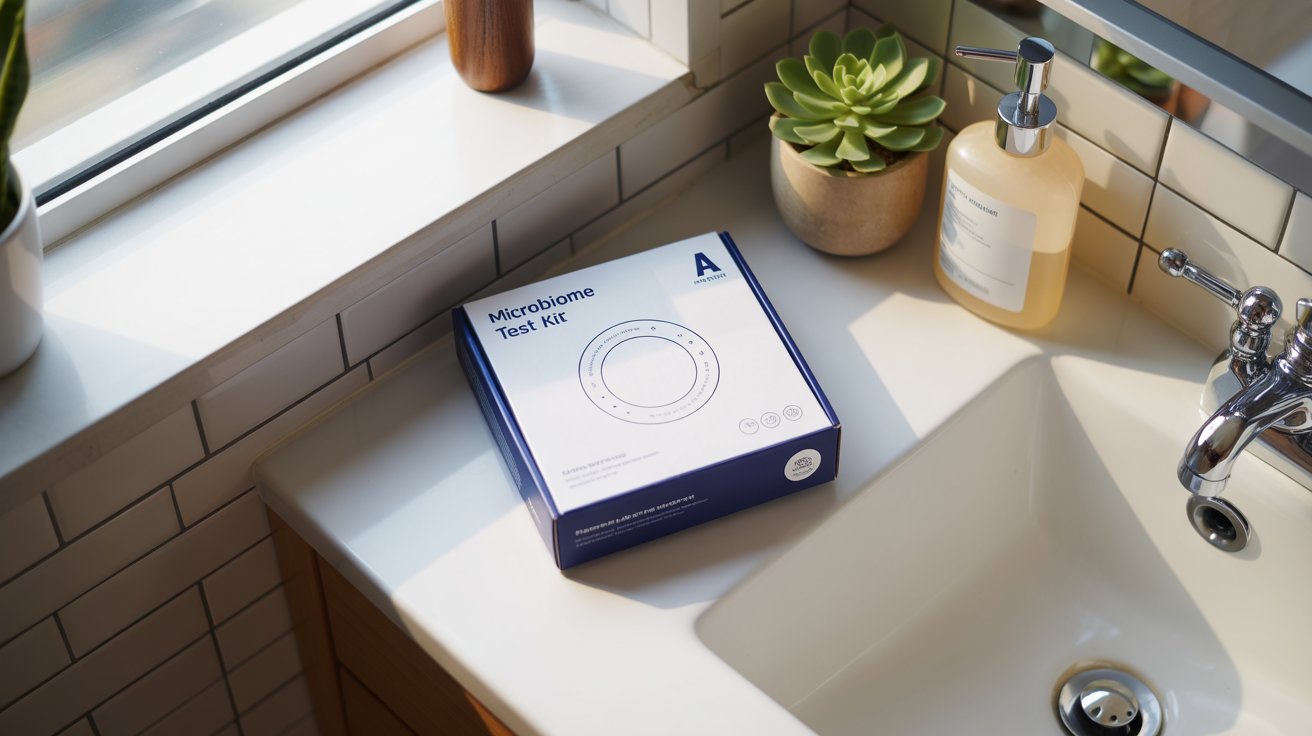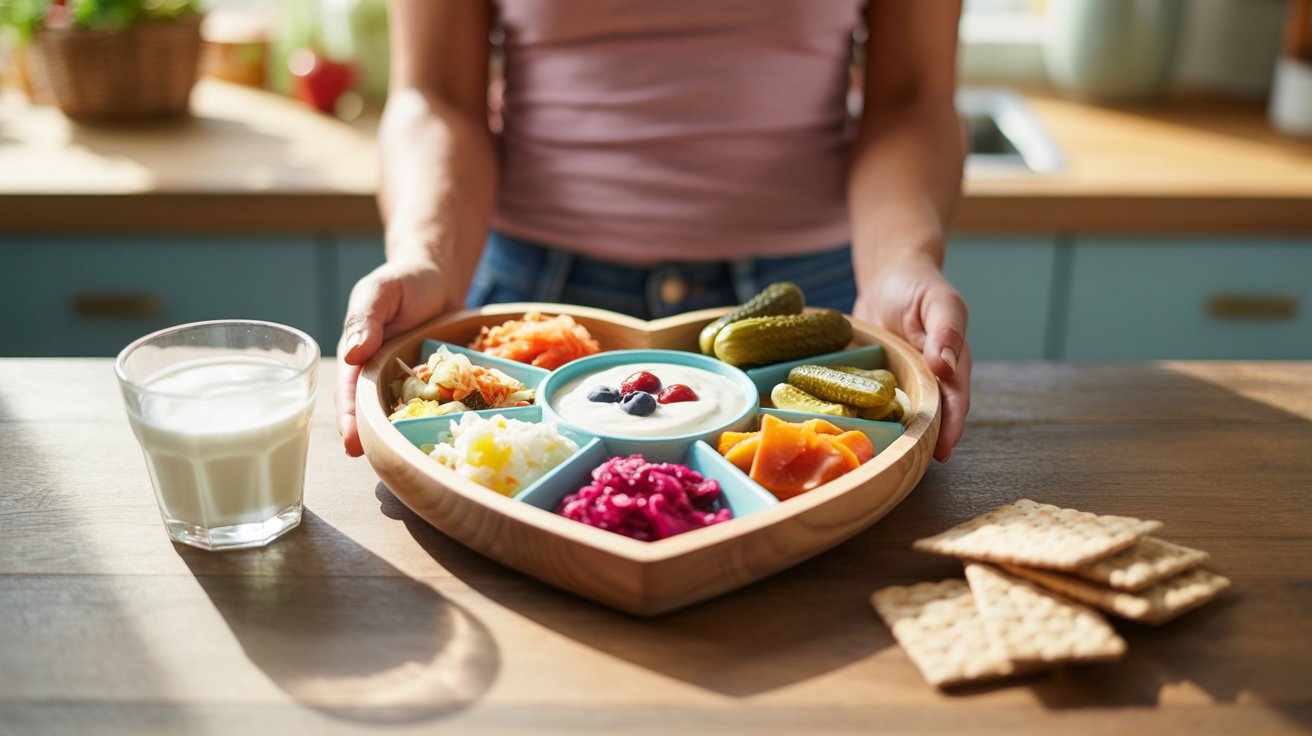Picture this: You’ve been eating healthy, moving your body, and staying consistent, but the scale won’t budge. Frustrating, right? What if I told you the missing piece of the puzzle isn’t just calories or exercise—it’s your gut microbiome?
Your gut is home to trillions of bacteria that play a huge role in digestion, nutrient absorption, inflammation, and even fat storage. Scientists are now uncovering just how much these tiny microbes influence your metabolism, meaning the way your body processes energy.
If you’ve ever wondered why some people can eat whatever they want and stay lean while others struggle with weight gain despite their best efforts, your gut bacteria might hold the answer.
Let’s break it down.
What is the Gut Microbiome?
Think of your gut microbiome as a bustling city filled with trillions of bacteria, fungi, and other microorganisms, each with a job to do. Some of them help break down food, some produce vitamins, and others influence hormones and cravings.
The balance of these microbes determines how efficiently your body burns calories, stores fat, and regulates blood sugar levels.
How Your Gut Microbiome Affects Metabolism
Your gut microbiome plays a key role in how efficiently your body burns calories, stores fat, and regulates blood sugar. Certain gut bacteria help break down food for energy, while others extract extra calories, potentially leading to weight gain.
A balanced microbiome supports better insulin sensitivity, reduces inflammation, and influences hunger hormones, all of which impact metabolism.
By nourishing your gut with fiber-rich foods, probiotics, and a diverse diet, you can help optimize your body’s ability to maintain a healthy weight and energy balance.
1. Gut Bacteria Influence How Many Calories You Absorb
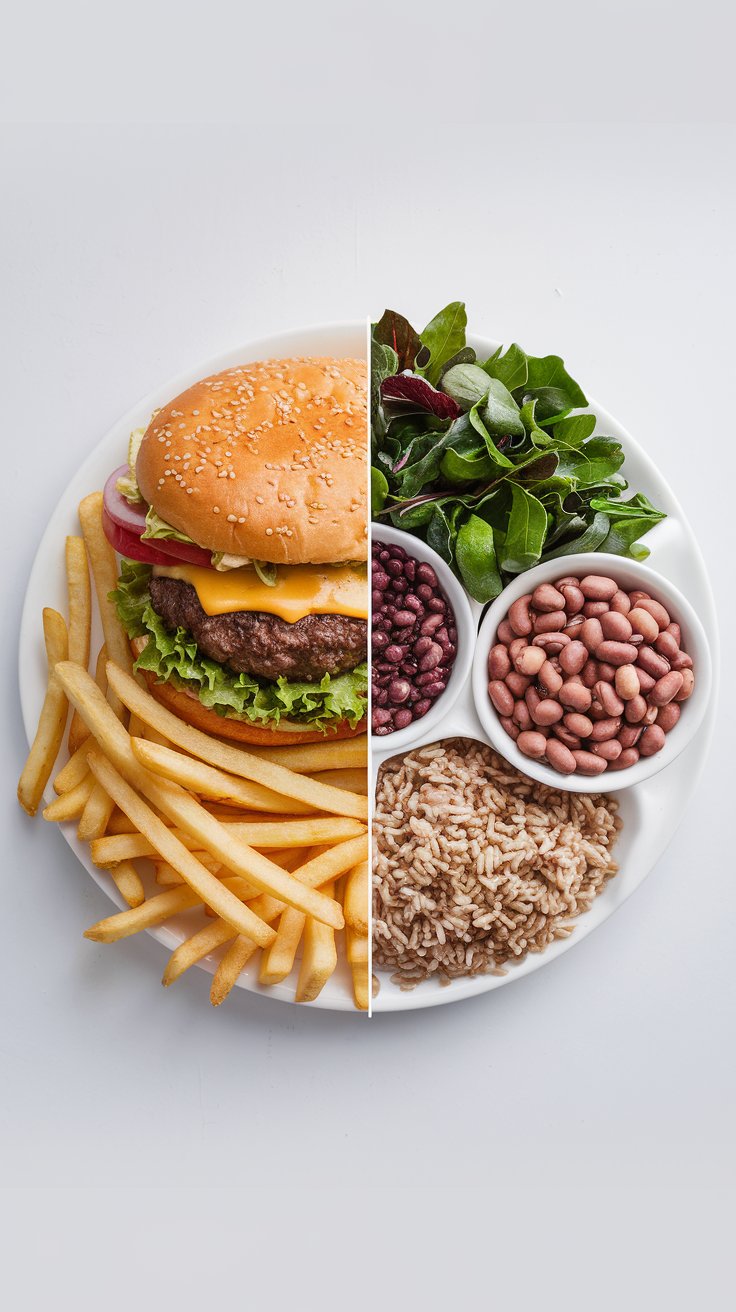
Ever feel like you gain weight just by looking at food? It’s not in your head. Some gut bacteria, like Firmicutes, extract more calories from food, while others, like Bacteroidetes, help you burn energy more efficiently.
What to do:
- Eat more fiber-rich foods like vegetables, legumes, and whole grains to support a diverse microbiome.
- Reduce processed foods, which can feed calorie-extracting bacteria.
2. Gut Health Impacts Insulin Sensitivity

When your gut bacteria are out of balance, inflammation rises, leading to insulin resistance—a condition where your body struggles to regulate blood sugar, making weight loss harder.
What to do:
- Add fermented foods like kimchi, sauerkraut, and kefir to your diet to support healthy gut bacteria.
- Avoid excess sugar and artificial sweeteners, which can disrupt gut balance.
3. Your Microbiome Affects Fat Storage

Certain gut bacteria promote fat storage by influencing hormones like ghrelin (hunger hormone) and leptin (fullness hormone). An imbalanced gut can lead to increased cravings and overeating.
What to do:
- Eat probiotic-rich foods like yogurt, miso, and tempeh to support beneficial bacteria.
- Include prebiotic foods like garlic, onions, and bananas, which feed the good microbes.
4. Inflammation Slows Down Metabolism
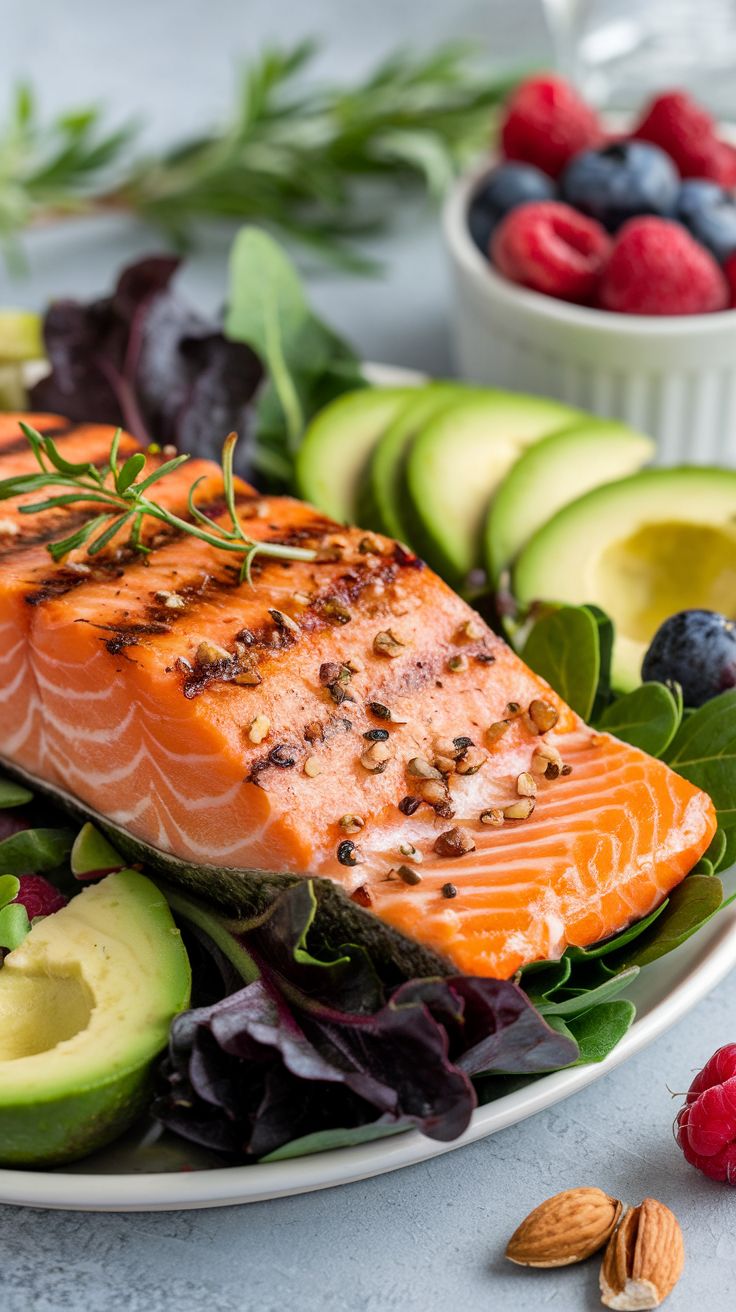
A disrupted gut microbiome can lead to chronic inflammation, which interferes with metabolism and makes weight loss an uphill battle.
What to do:
- Focus on anti-inflammatory foods like fatty fish, berries, and leafy greens.
- Stay hydrated and manage stress, as both impact gut health.
5. Your Gut Talks to Your Brain

Ever feel hangry or have random cravings? Your gut bacteria communicate with your brain through the gut-brain axis, influencing appetite, mood, and even food preferences.
What to do:
- Prioritize gut-friendly habits like sleep, mindful eating, and stress management to keep your metabolism humming.
How to Support a Metabolism-Boosting Gut

If you want to optimize your metabolism through gut health, focus on:
- Eating a variety of fiber-rich plant foods
- Incorporating fermented and probiotic-rich foods
- Cutting back on processed foods and excess sugar
- Staying active, as exercise supports healthy gut bacteria
- Managing stress, since it directly impacts your microbiome
Take Control Of Your Gut Microbiome and Metabolism
Your gut microbiome plays a crucial role in how efficiently your body burns calories, regulates hunger, and stores fat. If you’ve been struggling with metabolism issues, supporting your gut health might be the missing link.
By feeding your gut the right foods and making small, sustainable changes, you can boost your metabolism naturally—without extreme diets or endless frustration.
Want to take control of your gut health? Start by adding more fiber, fermented foods, and variety to your diet, and watch how your body responds!

